Every device that uses an engine to operate will slowly heat up and give off a certain amount of heat during operation, and cars are no exception. So whether you’re using a petrol, electric, or diesel engine, having hot steam coming out of your car isn’t too weird or worth worrying about.
However, if the car running hot but not overheating, there is a high chance that the vehicle has encountered a problem. To accurately determine the possible damage to the method and fix it, you should immediately refer to the article below.
Consequences If The Car Operates Continuously In A Hot State
The most apparent effect of high temperatures is with scattered electronic components. These parts will stop working or even completely fail if exposed to too long high heat sources. With modern cars with dense microchip systems, high temperatures can even make the vehicle unable to operate.
The following objects that high temperatures affect are rubber or plastic parts, most typically washers. Although not wholly deformed, but just a slight deviation of these details, the consequences will be enormous.
Even the engine block can deform if it is continuously exposed to too high a heat source for a long time. It is also from this phenomenon that the coolant and engine oil will accidentally mix, thereby causing severe damage.
Signs That The Car Is Heating Up
The most obvious sign of a car’s overheating is the temperature gauge on the car. If you don’t have a meter, you can observe a small indicator light on the vehicle’s dashboard. Watching these notification devices will help you quickly determine the temperature inside the car.
Smoke, burning smell, or making strange noises are also signs that the animal is heating up. Because the heat is too high, the solution will evaporate, creating smoke and burning some substances that cause a burning smell. Besides, reduced engine efficiency can also be a sign that the car’s temperature is rising.
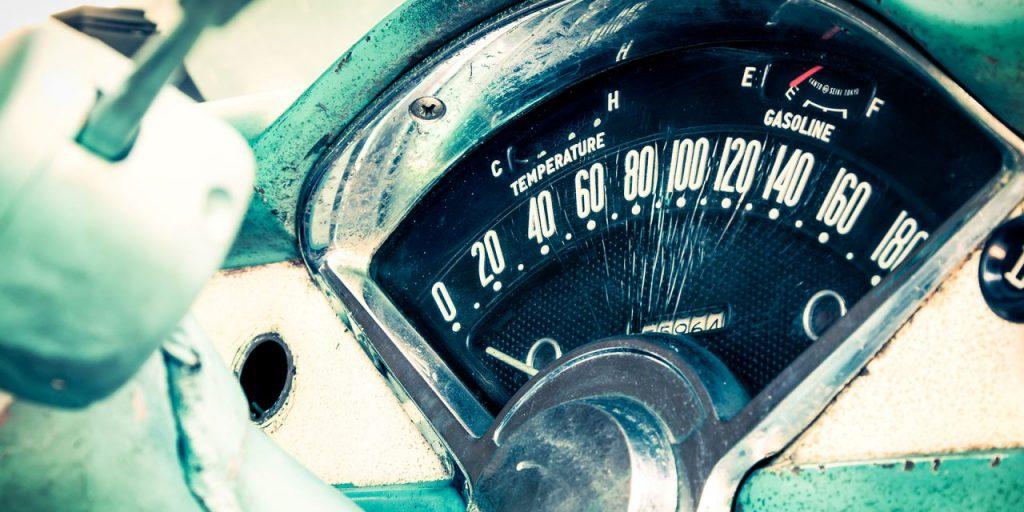
Reasons For The Car Running Hot But Not Overheating
Here are some possible causes for your car to frequently heat up abnormally that you need to pay attention to.
A Failing Water Pump
The coolant pump plays a significant role in helping the cooling water circulate to the required locations. Therefore, the solution will not distribute when this device encounters any problem, thereby losing its inherent cooling ability. And, of course, without the heat transfer solvent, the other parts of the engine won’t go up very quickly.
Low Coolant Level
The coolant travels throughout the engine to conduct heat and help reduce the temperature of many components during operation. So if there is a shortage of this solvent for any reason, your car will become a lot hotter.
Problematic coolant composition
Many manufacturers have recommended that we replace the coolant every 2 years. Because the engine coolant itself is not a single substance but a mixture of water and antifreeze, the ability of the compound to conduct heat will decrease markedly over time. And as a result, the engine will heat up abnormally.
Besides, if the composition of the cooling water is too weak or contains many impurities from the circulation process, such as dirt, the heat transfer efficiency will also be unstable.
Faulty Engine Coolant Thermostat
In fact, after going through a cycle, the coolant can still be scalding and not be able to cool down on its own in time. That’s why new car manufacturers equip a part called a thermostat to help keep the temperature of the cooling solvent stable.
There are many coolers scattered all over the road where the liquid moves; this detail is enough to show how vital these components are. Therefore, problems in the thermostat will have a terrible effect on the vehicle’s ability to control the temperature.
A Faulty Cooling Fan
When the car moves, the surrounding cool air will pass through the radiator block to cool and lower the engine temperature. However, if the vehicle stops or moves too slowly, the system will have to use an auxiliary fan to replace the natural wind.
If the fan does not work, every time the car stops, the heating will immediately appear; the most obvious is that ac only works when driving. Although the impact is only apparent while the vehicle is idle, the fan’s problems are tremendous.
How To Temporarily Cool Down The Car?
If you’re driving and your vehicle suddenly heats up abnormally and shows signs of smoke, the following methods can help you temporarily cool down your car.
Open the hood or bonnet
For the heat to escape in the fastest way, you will need to remove the hood or bonnet. The heat exchange with the outside environment will help the engine’s temperature slowly lower to an acceptable level. But be careful as there is a high chance that the cabin lid will also get very hot.
Turn off the car’s air conditioner
Let the systems inside the car focus on cooling the engine instead of allocating extra effort to operate the air conditioner. Besides, turning off the air conditioner also helps keep the vehicle cooler in case of auxiliary fan problems.
Turn on the heater if possible
Contrary to air conditioning, it would be best if you turned on the heater in the car to help the vehicle deal with the excess heat. Because the working mechanism of the heater is suction, this part will suck out the heat in the car.
Can The Car Run In A Hot State?
In theory, if the overheating threshold has not been reached, most models can still operate normally. However, the advice for you is to stop the car immediately if the temperature rises too abnormally. Because it is not necessary to reach the superheater level, but only getting a certain temperature threshold, the car’s details have already begun to have problems or, worse, damage.
How Much Does It Cost To Repair Damage At The Store?
Sadly, the cost of repairing engine damage caused by heat-related causes is quite expensive. It will cost you about $500 to $1,500 to fix most water pumps, auxiliary fans, or thermostat problems. However, if you are lucky enough only to have a problem with the cooling water, the repair cost will be much cheaper.
Conclusion
Although it has not reached the level of overheating, the abnormally hot car when operating is also an alarming sign and needs to be taken care of.
Hopefully, through today’s article on car running hot but not overheating, you will gain the necessary knowledge to identify and deal with the causes and consequences of this dangerous phenomenon.

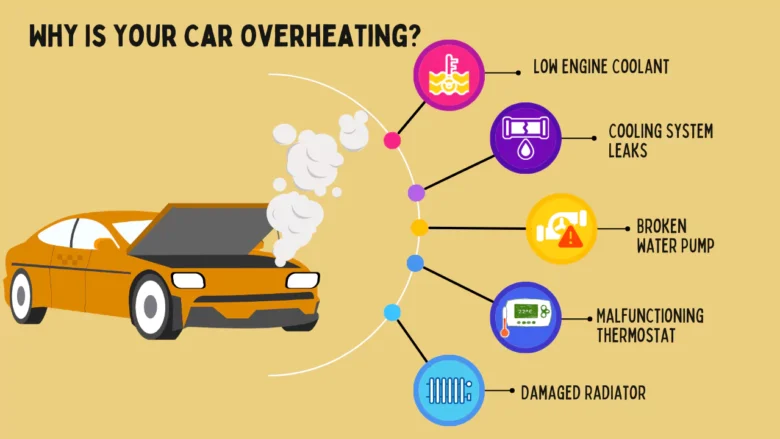



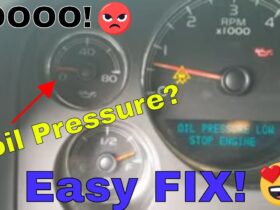
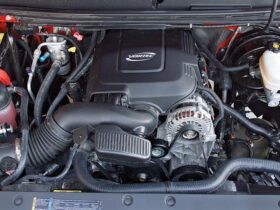
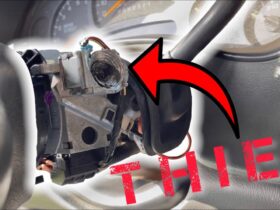


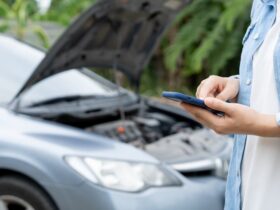
Leave a Reply